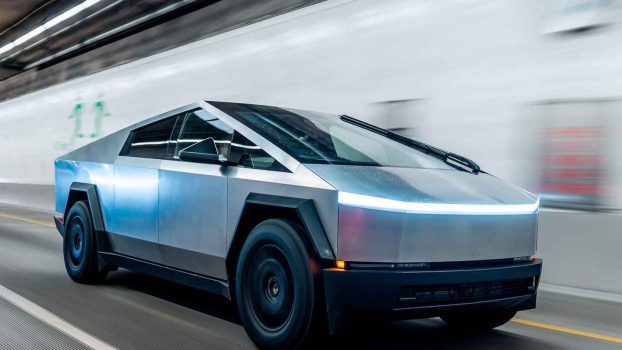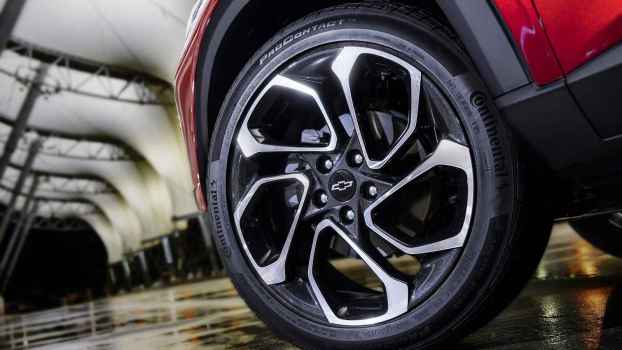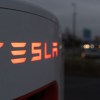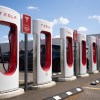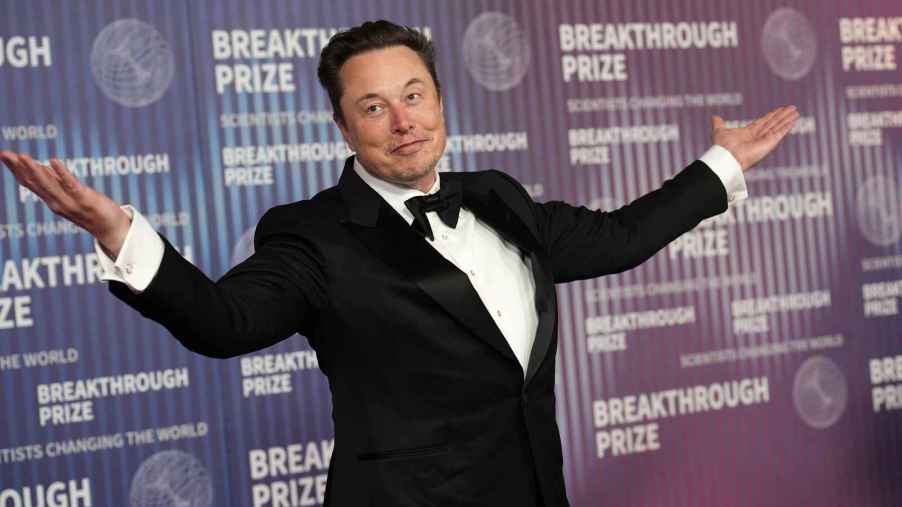
Tesla Moves Up Entry-Level EV, Calming Investors Despite Lack of Details
In the last few weeks, Tesla has suffered some major PR blows. Rumors swirled that the highly anticipated Tesla entry-level EV was canceled. After hurdling through a worldwide layoff, the company faced issues with the Cybertruck design. A recall was filed over the accelerator pedal. The pedal has a cover that slips off the base and gets stuck on the floorboard, pinning the CT at full throttle. Shortly after, Tesla reduced the prices of its Model S, Y, and X lineup, which Chinese competitors immediately replicated.
This week, Tesla has reported lower-than-ideal Q1 deliveries. In response, Elon Musk shared in Tesla’s earnings call that the EV maker will move up its entry-level EV. Now, he says to look for its market entry in late 2024 or early 2025. Originally, the cheaper EV was slated to go into production in the second half of 2025. Then, insider rumors via Reuters surfaced in early April, claiming that Tesla had abandoned the cheaper EV in favor of its autonomous robotaxi.
Tesla investors breathe out as they’re promised what they’ve been asking for
Investors have been miffed at the entire narrative, hence the 42% dip in stock. Overnight, however, Musk’s messaging that the entry-level car is en route to market gave investors a light at the end of the tunnel. Stocks rose 13%.
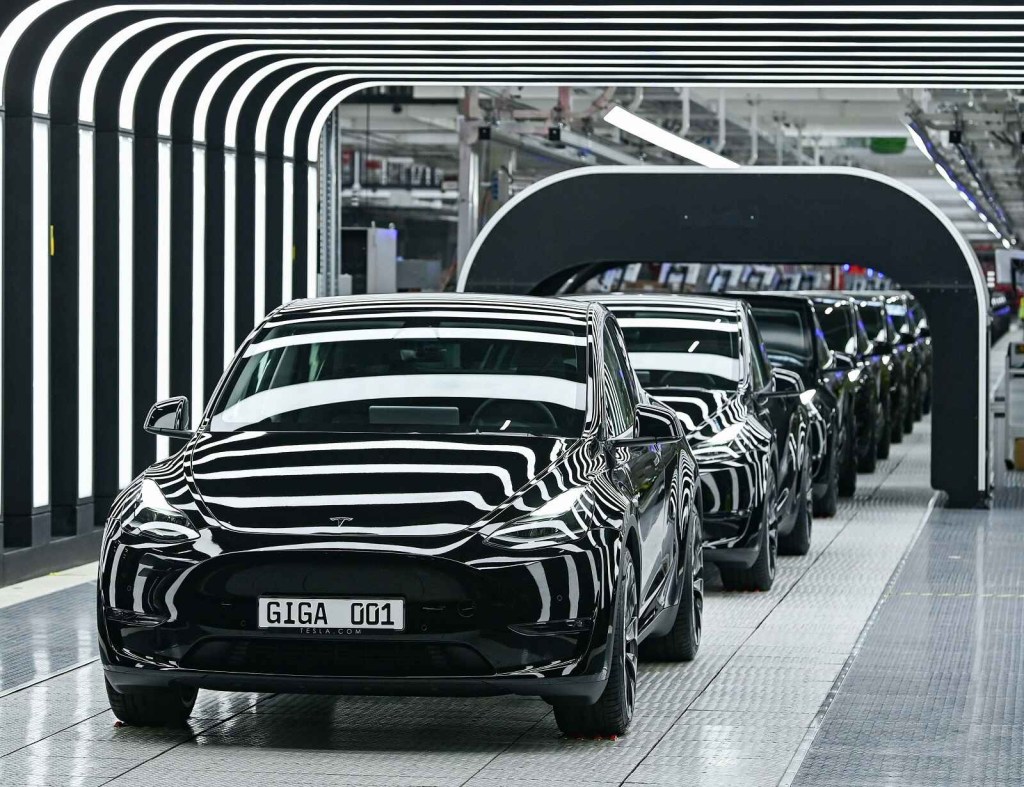
We all wait with bated breath at the reveal of the entry-level EV, formerly dubbed the Model 2. Chinese EVs have been trickling into the story for some time, now threatening to overtake the global market, but we have yet to receive a good answer from American automakers.
In Q1, Chevrolet saw a near-600% year-over-year boost in sales of its gas-powered compact SUV, the redesigned Trax. The Trax crossed 37,000 units. Why? While Americans aren’t necessarily opposed to electric or other alternative fuels, current offerings are either too expensive or perceptively not reliable enough to mass adopt yet.
